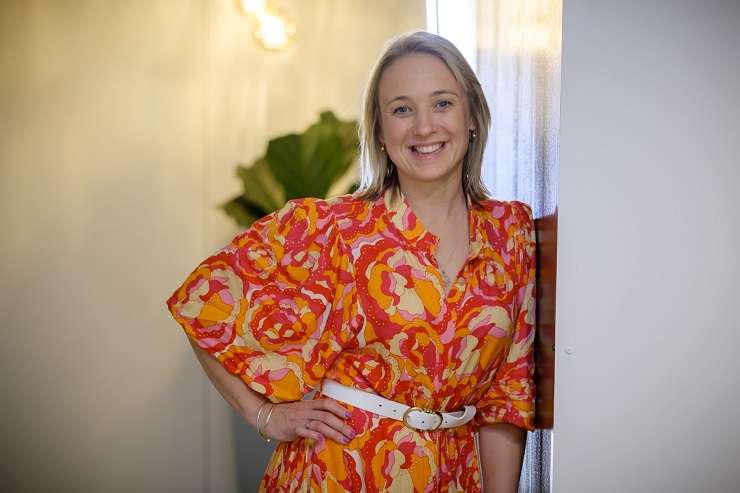The vice squeezing Kiwi finances is about to tighten, with 60% of mortgages due to be re-fixed at higher interest rates in the coming months.
Most of those re-fixing won’t be coming off of the ultra-low interest rates seen in 2020 and 2021, but the new rates they’re facing are likely to cost them hundreds of dollars extra a week.
Kiwibank chief economist Jarrod Kerr said most mortgage holders had already re-fixed at least once since 2021, so were already hurting.
“I think 90% of people would have already fixed onto higher rates, but there are some who will be rolling off rates they fixed three years ago or even two years ago.
Start your property search
“If you’ve just rolled off a three-year rate, that’s a massive shift. You’d be going from two-point-something to six-point-something, which is pretty painful.”
Discover more:
- Real estate boss’s $1 reserve gamble as development loss mounts
- First-time buyers winning as more than one in 10 homes for sale drop in price
- Rental fails to sell after bank puts a stop to landlord's $1 reserve auction
Interest rates have risen dramatically in the past three years, from an average rate of just below 3% to around 7%. A hike of that magnitude could in some cases add $400 a week to a mortgage bill. Even a jump from just over 5%, the average in 2022, to over 7% now could cost some homeowners just under $200 a week extra.
Kerr said few of those re-fixing would be doing so for longer terms. In the current climate, where people are banking on a drop in interest rates within the next year, shorter fixes of six months to a year are proving increasingly popular.
“That bulge of people who are fixed for less than a year is getting bigger,” Kerr said.
Waikato-based mortgage broker Claire Williamson, of My Mortgage, estimated that only about 10% of people re-fixing would be on interest rates of 4% or lower.
“I don’t think there are many people left on cheap rates. I would expect that most of our clients have rolled onto a slightly higher rate already.”
Williamson said those who to re-fix in the coming months were weighing up their options.

My Mortgage director Claire Williamson says there are not many people left on cheap interest rates. Photo / Supplied
Having to find an extra hundred dollars or more a week to cover the mortgage bill would hurt, but Williamson said most of her clients were adjusting their budgets or finding ways to supplement their income.
Other homeowners who had their mortgage for some time were already paying more than the minimum and had been using the lower interest rates to help pay off their loans faster, she said. Therefore moving to a higher interest rate didn’t affect their repayments.
“In general terms, I think the job market has held up pretty well [in Waikato]. I’m not having conversations where people can’t afford to keep their house, but it’s definitely not easy and it’s just a rebalancing of income and budget as well.”
CoreLogic chief economist Kelvin Davidson said the process of moving through a series of interest rate hikes had been smooth so far, but it was not over yet.
While Reserve Bank data showed there were about 60% of existing loans that were due to have a rate change in the next 12 months, he said it was unknown when those loans were originally taken out or what rate they were on.
“The Reserve Bank has said we are about 85% through the process which is good but also that still means there’s 10 to 15% to go and this is at a time where we are starting to see some job losses. It’s sort of that thing that it’s been good so far, but we are not quite there yet.”
While Davidson said it was too early to tell if the rising interest rates would contribute to a flurry of mortgagee sales, those who were hurting could look at options such as interest-only loans or extending the term of the loan.
“It’s not to say [mortgagee sales] won’t happen because they are a lagging indicator, but there’s also reason not to panic because there are other options available to people and so far it has been pretty smooth and the estimates are there’s not that many people left to fully adjust.”
- Click here to find properties for sale















































































